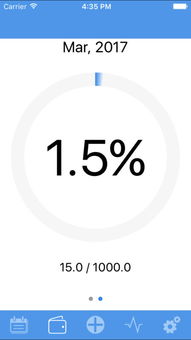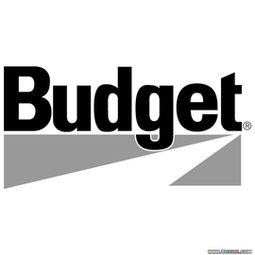Understanding the Concept of Budgeting

Are you someone who struggles with managing your finances? Do you find it challenging to keep track of your expenses and savings? If so, you’re not alone. Budgeting is a crucial skill that can help you gain control over your finances and achieve your financial goals. In this article, we’ll delve into the concept of budgeting, its importance, and how to create a budget that works for you.
What is a Budget?

A budget is a financial plan that outlines your income, expenses, and savings goals. It helps you track your spending, prioritize your financial goals, and make informed decisions about your money. Essentially, a budget is a tool that allows you to manage your finances effectively.
Why is Budgeting Important?

Budgeting is essential for several reasons:
-
Helps you track your spending: By keeping a close eye on your expenses, you can identify areas where you’re overspending and make adjustments accordingly.
-
Enables you to save money: A budget can help you allocate funds for savings, ensuring that you have enough money set aside for emergencies, retirement, and other long-term goals.
-
Reduces financial stress: Knowing that you have a plan in place for your finances can alleviate stress and anxiety related to money.
-
Improves your financial health: By managing your finances effectively, you can build a solid financial foundation that will serve you well in the future.
Creating a Budget
Creating a budget is a straightforward process. Here’s a step-by-step guide to help you get started:
-
Track your income: List all your sources of income, including your salary, side hustles, and any other forms of income.
-
Track your expenses: Keep a detailed record of all your expenses for a month. This includes everything from rent and utilities to groceries and entertainment.
-
Categorize your expenses: Group your expenses into categories, such as housing, transportation, food, and entertainment.
-
Set your financial goals: Determine your short-term and long-term financial goals, such as saving for a vacation, paying off debt, or buying a house.
-
Allocate funds to each category: Based on your income and expenses, allocate funds to each category in your budget. Make sure to prioritize your needs over your wants.
-
Monitor your budget: Regularly review your budget to ensure that you’re staying on track. Adjust your budget as needed to reflect changes in your income or expenses.
Types of Budgets
There are several types of budgets you can choose from, depending on your financial situation and goals:
-
Monthly budget: This type of budget focuses on your expenses and income for a single month.
-
Weekly budget: A weekly budget is useful if you prefer to track your spending on a more frequent basis.
-
Zero-based budget: This budgeting method requires you to allocate every dollar of your income to a specific expense or savings category.
-
Envelope budget: This method involves dividing your cash into separate envelopes for different spending categories, ensuring that you don’t overspend.
Tools and Resources for Budgeting
There are numerous tools and resources available to help you create and manage your budget:
-
Personal finance apps: Many apps, such as Mint, YNAB, and PocketGuard, can help you track your expenses, categorize your spending, and set financial goals.
-
Spreadsheets: You can create a budget using a spreadsheet program like Microsoft Excel or Google Sheets.
-
Budgeting books: There are many books available that can provide you with tips and strategies for budgeting.
Common Budgeting Challenges and Solutions
Creating and maintaining a budget can be challenging, but there are ways to overcome these obstacles:
-
Challenge: Not tracking expenses
- Solution: Use a budgeting app or spreadsheet to keep track of your spending.
-
Challenge

